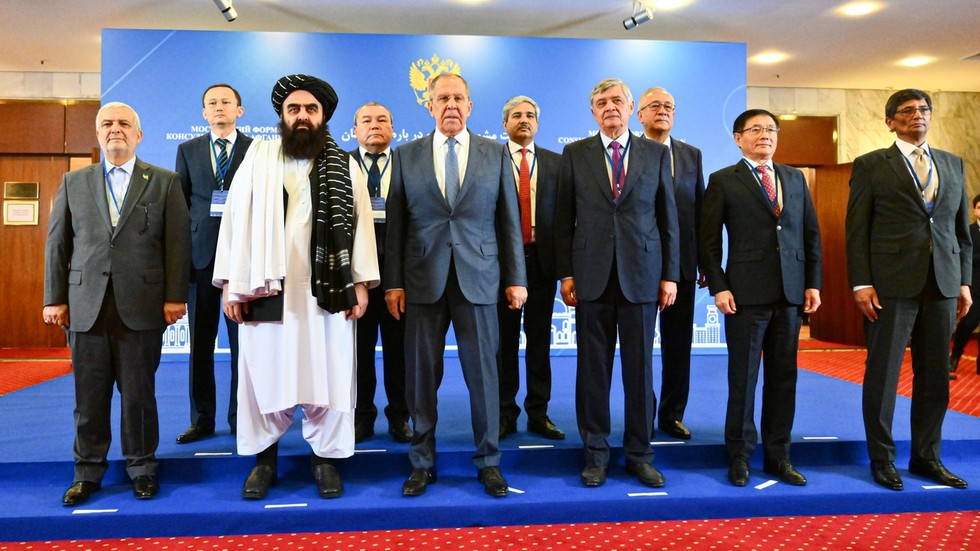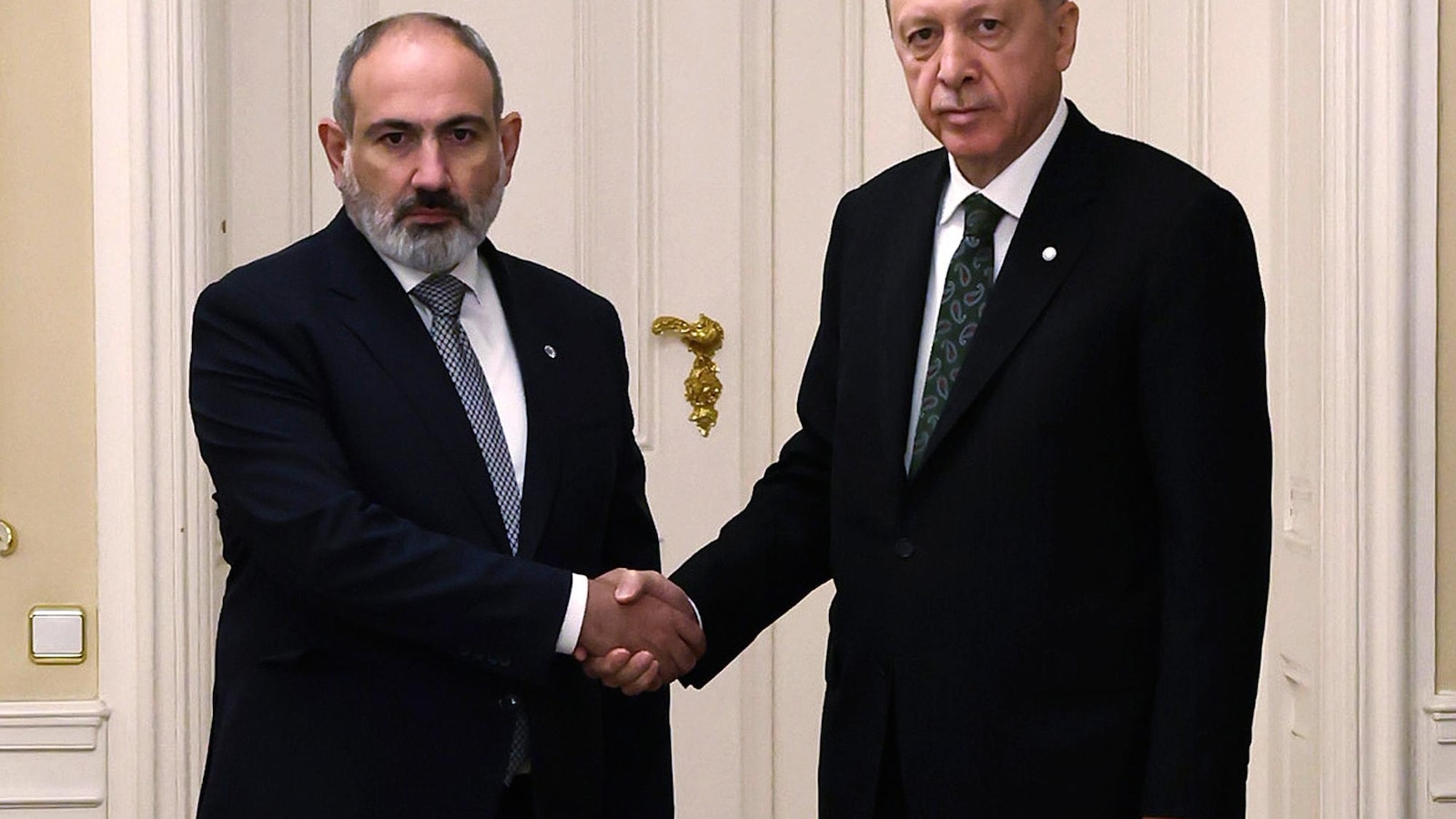In what has become a fixture of the world’s most prestigious film festival, Cannes habitués Jean-Pierre and Luc Dardenne walked the red carpet on Friday for their 10th shot at the top prize, 26 years after they won their first of two Palme d’Or awards for “Rosetta”.
Set in a shelter for teen mothers, their latest feature, “The Young Mother’s Home” follows five young women as they navigate the challenges of early motherhood, amid drug addiction, depression and tense encounters with prospective adoptive parents.
It was an instant favourite for festival veteran Alongkot Maiduang, pen name Kalapapruek from Thailand, a frequent contributor to the grids that track the preferences of a handful among the hundreds of film critics who descend on Cannes each year.
“It’s a timely and deeply moving film with a documentary quality that makes it a perfect fit for a jury led by French film actress Juliette Binoche,” said the film critic from Bangkok. He predicted the Dardenne brothers would make history by becoming the first to win a record third Palme d’Or.

Earlier on Friday, Chilean director Diego Cespedes won the top prize in the festival’s second-tier Un Certain Regard for his debut feature film, “The Mysterious Gaze of the Flamingo”, about a transgender commune living in the Chilean desert around the onset of the AIDS epidemic.
It was one of several movies this year to touch on diseases, real or imagined, in what may be a legacy of the Covid pandemic that brought much of the world to a standstill – and left the film industry on its knees.
Read moreCannes 2025: Gaza casts shadow over festival, but films celebrate Palestinian resilience
The Best Director award went to Palestinian twin filmmakers Arab and Tarzan Nasser for their black comedy “Once Upon a Time in Gaza”, which the Gaza-born twin filmmakers described as a homage to a homeland that “no longer exists”.
Political thrillers
The ongoing Israeli onslaught on the Gaza Strip was a frequent talking point during the festival, which opened with a tribute to Fatma Hassona. The 25-year-old Palestinian photojournalist is the subject of “Put Your Soul on Your Hand and Walk”, a documentary recording her efforts to capture the destruction in Gaza before she was killed in an Israeli strike last month.
Read moreFatma Hassona's death in Gaza was ‘targeted’ killing, film director tells Cannes
There was no shortage of off-screen politics throughout the festival as film stars took turns in rubbishing US President Donald Trump and his threats to slap crippling tariffs on foreign films, which threw a wet blanket over the all-important Cannes Film Market.
Screen legend Robert De Niro set the tone on the opening night with a blistering attack on America’s “philistine” president, urging the industry to join the “fight for democracy” as he picked up a career Palme d’Or.
Given the politically charged context, film critic Boryana Mateeva said she expected the main competition jury to lean towards movies with weighty topics. Her pick for the top prize was Kleber Mendonça Filho’s “The Secret Agent”, a stylish thriller about an academic on the run in the cruel days of Brazil’s 1970s military dictatorship.
“It’s got everything you want from a Brazilian movie: politics, carnival, fantasy, gore, you name it. And a powerful musical score, too,” she said, describing the Cannes veteran’s film as his most accomplished yet.
To display this content from , you must enable advertisement tracking and audience measurement.
In the same vein, the Bulgarian critic said Tarik Saleh’s Cairo-set “Eagles of the Republic”, about a film star forced to make a propaganda film in Abdel Fattah al-Sisi's Egypt, was another strong contender, cementing the Swedish director’s standing as a “master of political thrillers”.
To display this content from , you must enable advertisement tracking and audience measurement.
Techno road movie a critics’ darling
Attending her first Cannes as film critic, Hanna Hromovetska from Ukraine sat through a whopping 35 films over 10 days, though she wished she could have fitted more into her crammed schedule.
Overall, she found the Palme d’Or contest underwhelming, preferring the “raw energy” of the Directors’ Fortnight event that runs parallel to the main festival, with more first-time filmmakers and fewer old-timers.
Louise Hémon’s first feature “The Girl in the Snow”, about a 19th century teacher aiming to enlighten the inhabitants of a tiny Alpine hamlet, and Hasan Hadi’s debut “The President’s Cake”, set in Saddam Hussein’s Iraq, were her two standout movies of the festival.
Cinema publication Deadline said the latter film was “head and shoulders above” some of the films in the running for the festival's Palme d'Or top prize, and “could turn out to be Iraq's first nominee for an Oscar”.
In the main competition, Hromovetska had a soft spot for Oliver Laxe’s techno-infused road movie “Sirat”, a critics’ darling about a father and son joining a group of itinerant ravers in the deserts of Morocco. But she did not think “Sirat” made for Palme d’Or material.
“For the top prize I would look for more of a balance between story and visuals,” she said. “Like Iranian director Saeed Roustaee’s ‘Woman and Child’, which has a very intricate screenplay while also being cinematically beautiful.”
A reward for Panahi’s ‘devotion to cinema’?
Roustaee’s film, about a widowed mother trapped in the Iranian marriage market, was one of two competition entries by directors who have faced jail and filming bans in Iran due to their work. The other was “A Simple Accident” by Jafar Panahi, on his first trip to the French Riviera gathering since 2003 due to repeated prison terms and travel bans.
To display this content from YouTube, you must enable advertisement tracking and audience measurement.
One of your browser extensions seems to be blocking the video player from loading. To watch this content, you may need to disable it on this site.

10:45
Panahi’s latest thriller, “It Was Just an Accident”, an indictment of the corruption and tyranny in his homeland, was a perfect fit for the Palme, according to film critic Arash Azizi, a fellow Iranian who is based in the US.
“We know that jury president Juliette Binoche is a fan of Panahi’s cinema. And Panahi is a symbol of devotion to cinema,” Azizi explained. “For years, in prison, under house arrest, in terrible conditions, he never stopped making films. His love for cinema is obvious, and I think all this will have an effect.”
The jury could otherwise opt for an even darker tale of bureaucratic oppression with “Two Prosecutors” by Ukraine’s Sergei Loznitsa, a Kafkaesque nightmare set in the Stalin era.
By Saturday morning, just hours ahead of the closing ceremony, Loznitsa’s movie was tied with Panahi’s at the top of Screen Daily’s film critic grid. Bearing in mind, however, that Cannes juries and critics seldom think alike.
(This article was adapted from the French original by Benjamin Dodman.)











 English (US) ·
English (US) ·